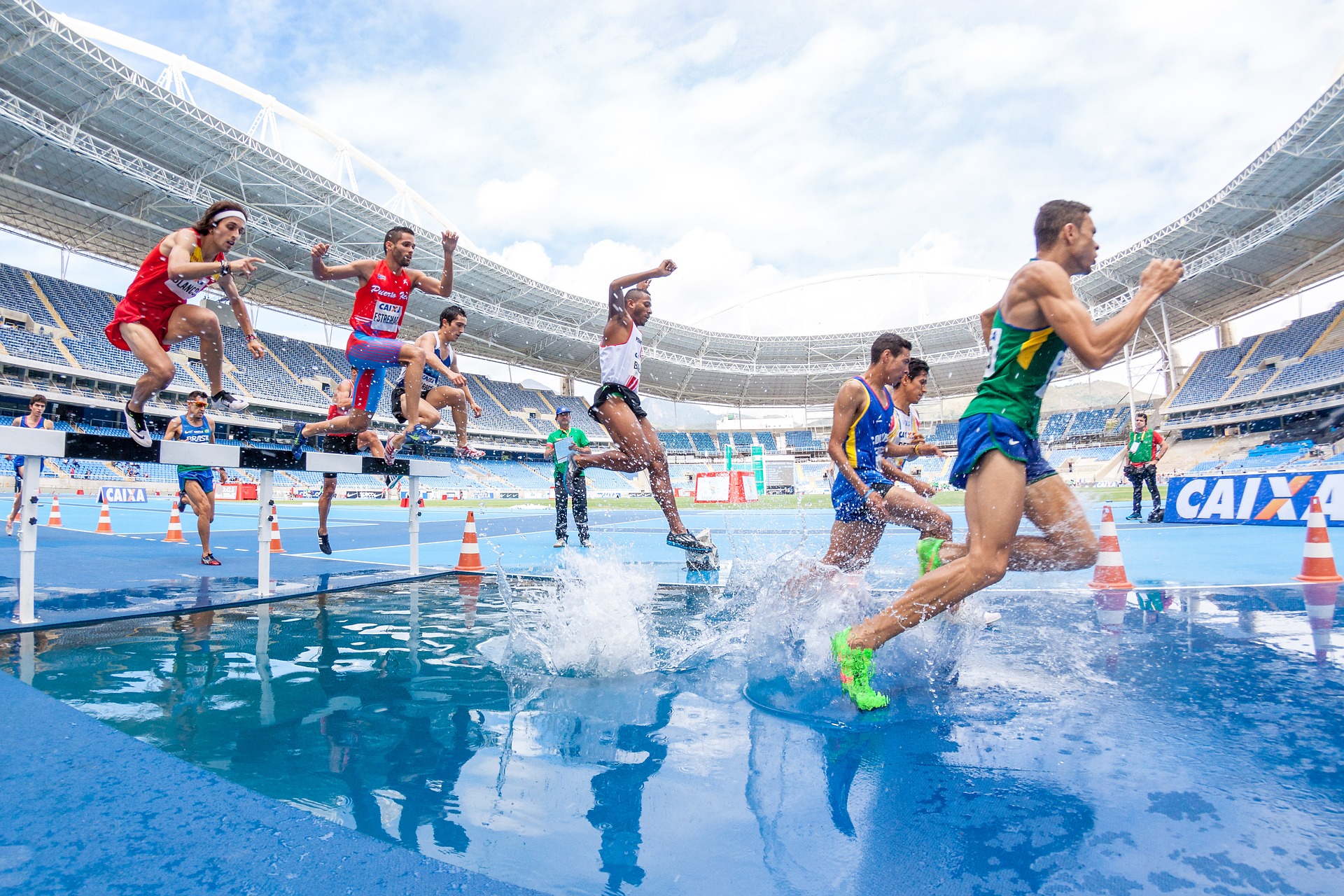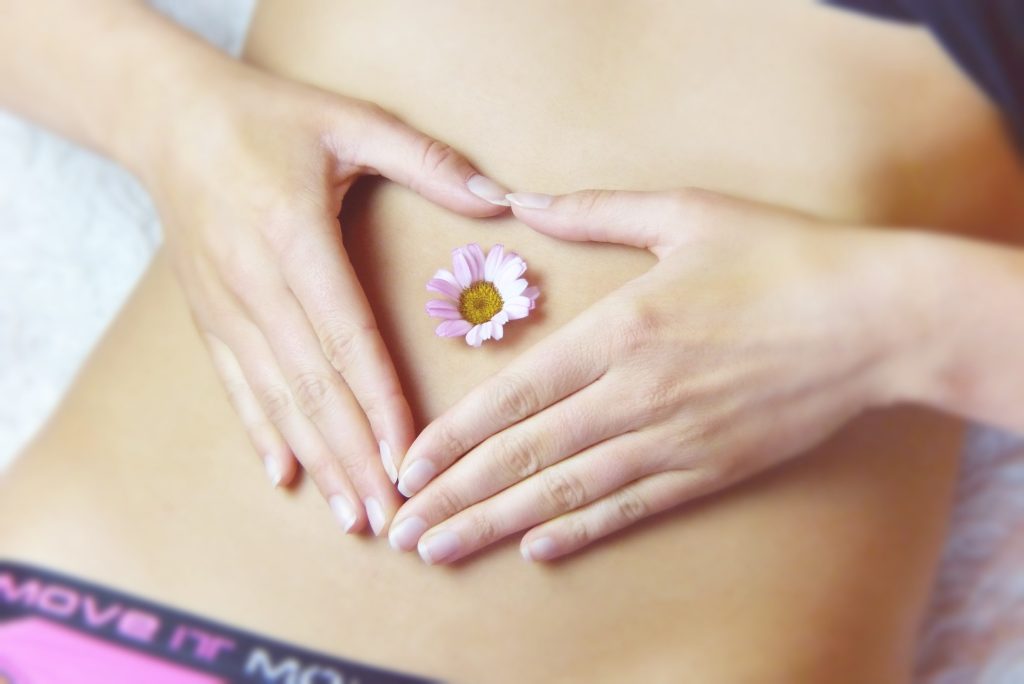The coming CBD debate in sport
 Medical cannabis may still be prohibited in sport, for athletes in competition, because of its psychoactive effects. But the same does not apply to cannabidiol (CBD). The non-intoxicating cannabinoid was removed from the World Anti-Doping Agency’s (WADA) restricted list at the start of 2018. This move has come after a huge surge in interest for CBD among the wider population, through the legalization of hemp and the advent of hemp-based CBD wholesale products.
Medical cannabis may still be prohibited in sport, for athletes in competition, because of its psychoactive effects. But the same does not apply to cannabidiol (CBD). The non-intoxicating cannabinoid was removed from the World Anti-Doping Agency’s (WADA) restricted list at the start of 2018. This move has come after a huge surge in interest for CBD among the wider population, through the legalization of hemp and the advent of hemp-based CBD wholesale products.
WADA’s new ruling means that sportsmen and women can take CBD at any time, and not fall foul of regulations. The limit on THC consumption – the psychoactive component of cannabis – has been raised to 150mg/ml, although this essentially only allows for weed use outside of competition.
As expected, competitors from across the sporting world – as far as apart as Ultimate Fighting Championship’s (UFC) Nate Diaz and golf’s Bubba Watson – taking CBD and benefitting from it. But while CBD may offer several therapeutic benefits for those taking it, is it possible that the sporting authorities have been a little hasty about permitting it?
The coming CBD debate in sport is as follows: is the compound is a force for good, as a safe alternative to prescription drugs, or does it go against the spirit of sport as a performance-enhancer?
CBD’s all-round health benefits
CBD is yet to earn the Food and Drug Administration’s (FDA) approval as a medicine for conditions – with one exception for child epilepsy – but millions of people around the world claim to be benefitting from products sold as food supplements. CBD oil and similar products are being taken for pain relief, as an effective and notably safer alternative to prescription opioids. Studies have shown CBD has anti-inflammatory properties, and users report that it can ease symptoms of different forms of arthritis.
CBD may also be set to change mental health medicine, with research – much of it preliminary trials on animal models – showing that CBD works as an antidepressant by reducing neuroinflammation. It’s also got potential as a treatment for anxiety, obsessive-compulsive disorder (OCD), psychosis, schizophrenia and bipolar disorder.
How can CBD be so helpful for so many illnesses? Scientists have identified the endocannabinoid system (ECS) in which CBD and other cannabinoids function as the key to the compound’s beneficial effects. Over the coming years, researchers hope to conduct high-quality studies on humans to determine CBD’s medicinal value for the aforementioned conditions, and more. But while that is set to be a time-consuming process, CBD products are already out there and making a difference, including in the world of sport.
CBD as a performance enhancer
While CBD is considered merely therapeutic for regular people taking it to tackle their ailments, the cannabinoid’s unusual effects may be viewed on more harshly by competitive sportsmen and women. A cannabis derivative as a performance-enhancer may seem unlikely, but WADA was forced to have a similar debate about nicotine a few years ago, now that it’s possible to take this tobacco compound without smoking it. Some research suggests that CBD boosts nicotine, which could help in precision sports. But back to CBD.
Sports anxiety
Coping with pressure in sport is what separates winners from losers. Those who can handle it at the crunch moments go home with the trophy, while those that can’t invariably go home licking their wounds. Dealing with sports anxiety is something that has always had to be done naturally, but in CBD, there is potentially an effective and fast-acting anxiety-reliever.
Those who struggle with nerves could theoretically dose up on CBD before a big match, and reap the benefits from being calmer and more at ease. But does that them put them at an unfair advantage over competitors who can naturally withstand the most severe of sporting pressure? There will be undoubtedly be many who say ‘yes’.
Sleep and fatigue
Not all that differently, those who get nervous before an important contest often find they sleep badly the night before, which then leaves them fatigued on the day, and unable to compete at their best. CBD has great promise as a sleeping aid that is non-addictive and doesn’t leave the user feeling groggy in the morning. But what about the athletes who don’t struggle to fall asleep: why should they be disadvantaged because of those who are unable to manage the pressures of competition?
Final thoughts
The good news is that you probably aren’t taking part in competitive sport, and can reap the rewards of CBD without triggering a debate on sporting ethics! If you are yet to try CBD, be sure to give it a go – it may transform your life!
